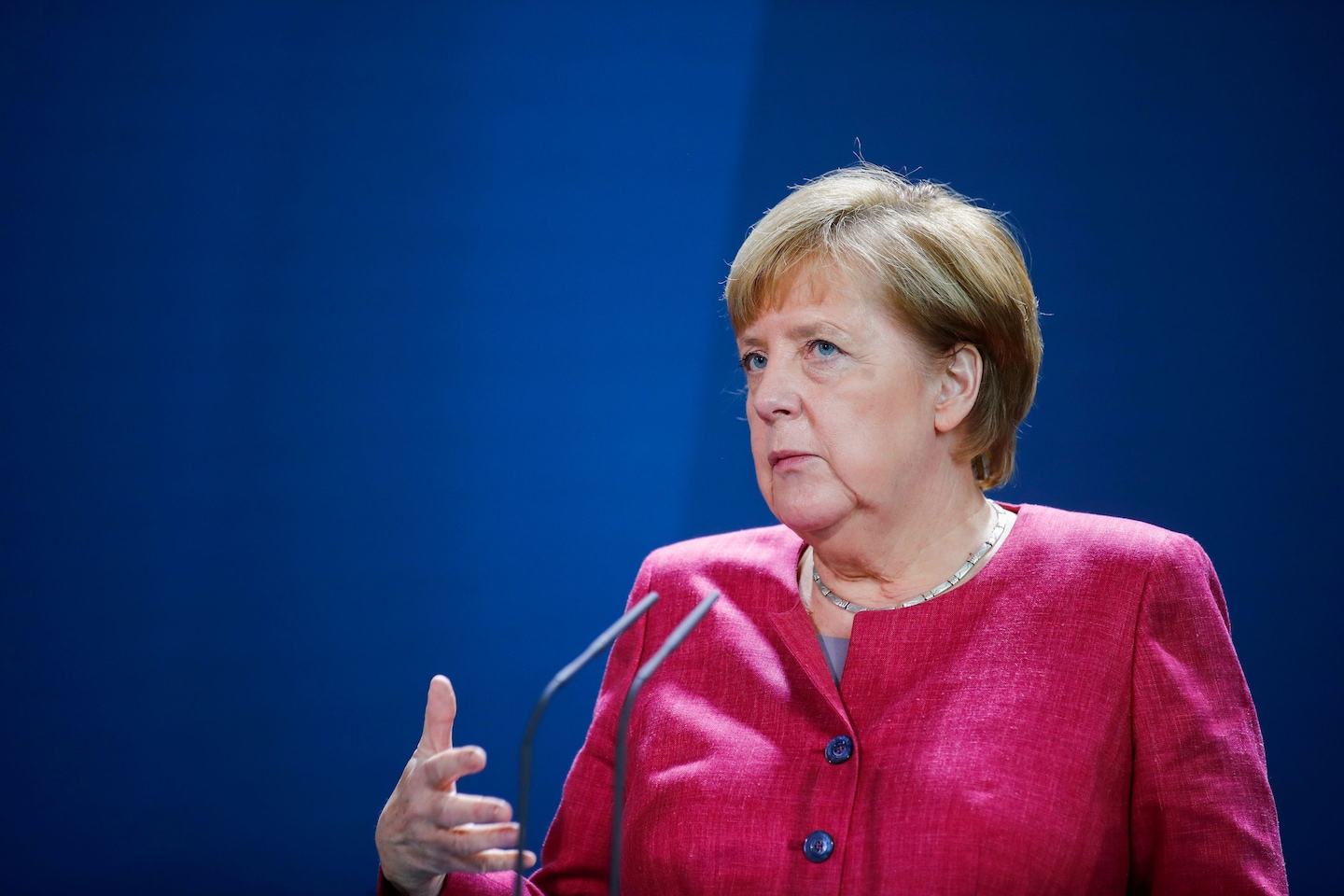Germany battles to contain a rise in new infections
[ad_1]

Germany recorded 4,516 new coronavirus cases Friday. That remains significantly lower than the daily cases in other European countries, including the United Kingdom, France and Spain, but it represents a 60 percent increase in the past two days alone.
Epidemiologists have singled out parties and an increase in indoor gatherings as German cities begin to turn into hot spots. Both the capital, Berlin, and Germany’s financial capital, Frankfurt, have been declared risk zones, with other states requiring those who have visited to present a negative test or to quarantine.
“I appeal especially to younger people, who may think that it’s excessive the way cities are now restricting partying and going out,” Merkel said. “But think about what is most important to you: Isn’t it the health of your family, also of your grandparents?”
Germany won plaudits during the first wave of the pandemic, using contact tracing and quarantines from its first infections. Meanwhile, the expansion of testing, while not without hitches, was more rapid than elsewhere in Europe.
Berlin introduced new restrictions this week as cases rose to more than 50 per 100,000 residents, classifying it as “red” in Germany’s traffic-light warning system. Starting Saturday, bars and restaurants must close by 11 p.m., with no more than five people allowed to gather inside after that time.
Nighttime gatherings in parks — where hundreds of people have congregated to drink and dance over the summer — were also banned. Frankfurt has introduced similar rules.
“Everything went well, overall, during the summer, but now we see a different and worrying picture,” Merkel said. “Now are the days and weeks which decide how Germany will fare with this pandemic in winter.”
More measures will be introduced in 10 days if the situation does not improve, according to the statement released after Friday’s meeting. A team of experts will be dispatched to any city where cases rise above 35 per 100,000 people, it said.
When cases rise into the “red” threshold, “special restrictions are required immediately,” the statement said. Those include limiting the number of contacts allowed and considering mandated closing times.
“Now is not the time to party,” Berlin Mayor Michael Müller said in a news conference earlier Friday.
Hospitalizations and deaths have lagged behind the new rise in infections, but Christian Drosten, Germany’s top virologist, warned that that might not last, pointing out that Germany has an elderly population.
If the virus is allowed to spread throughout the entire population of 83 million, just over 1 percent may die, said Drosten, head of virology at Berlin’s Charité Hospital, speaking alongside Müller. It would be significantly less if older age groups could be protected, he added, “but that is not so easily achieved.”
“Families do gather and see and visit each other,” he said.
